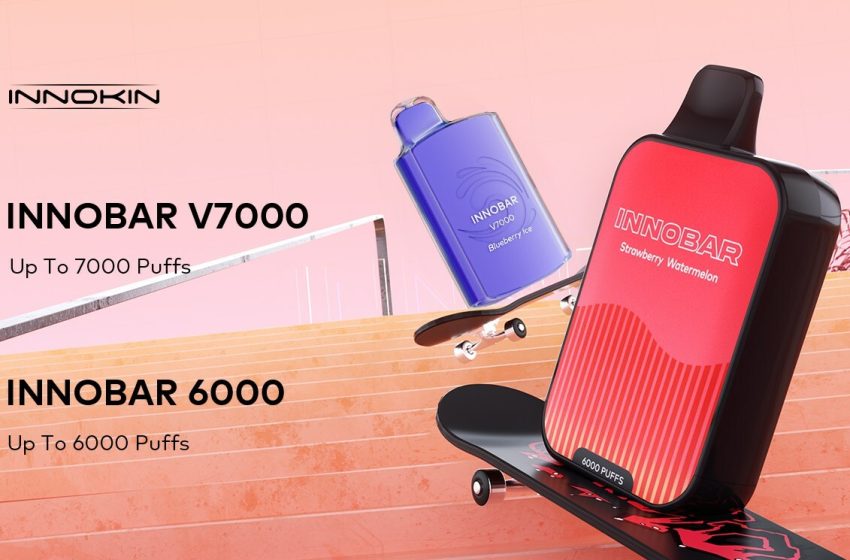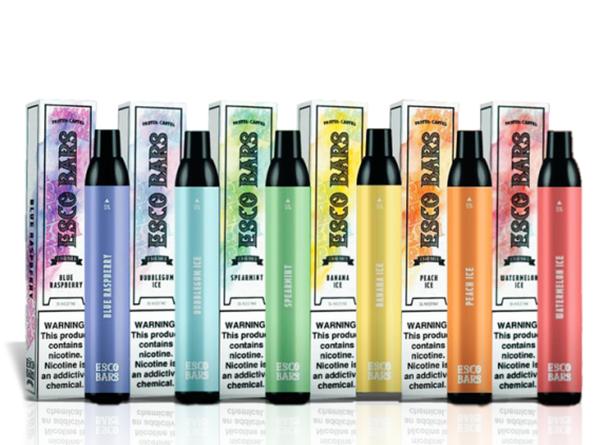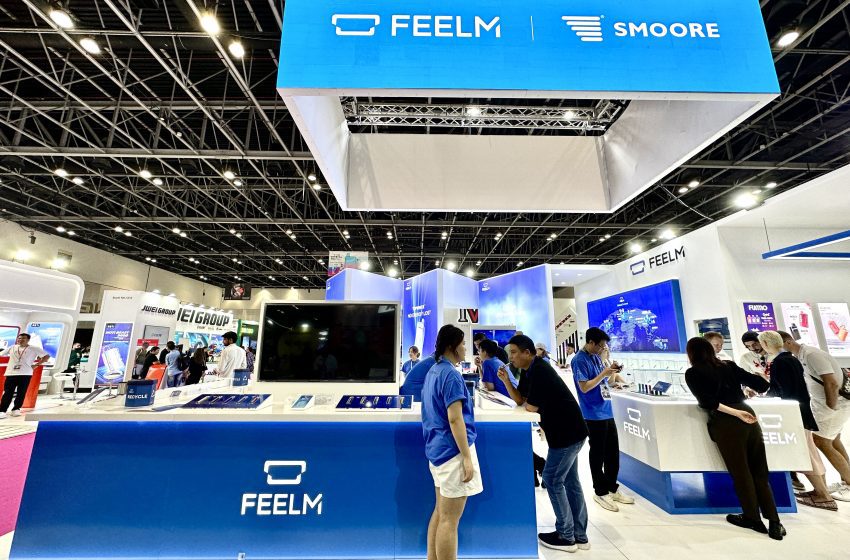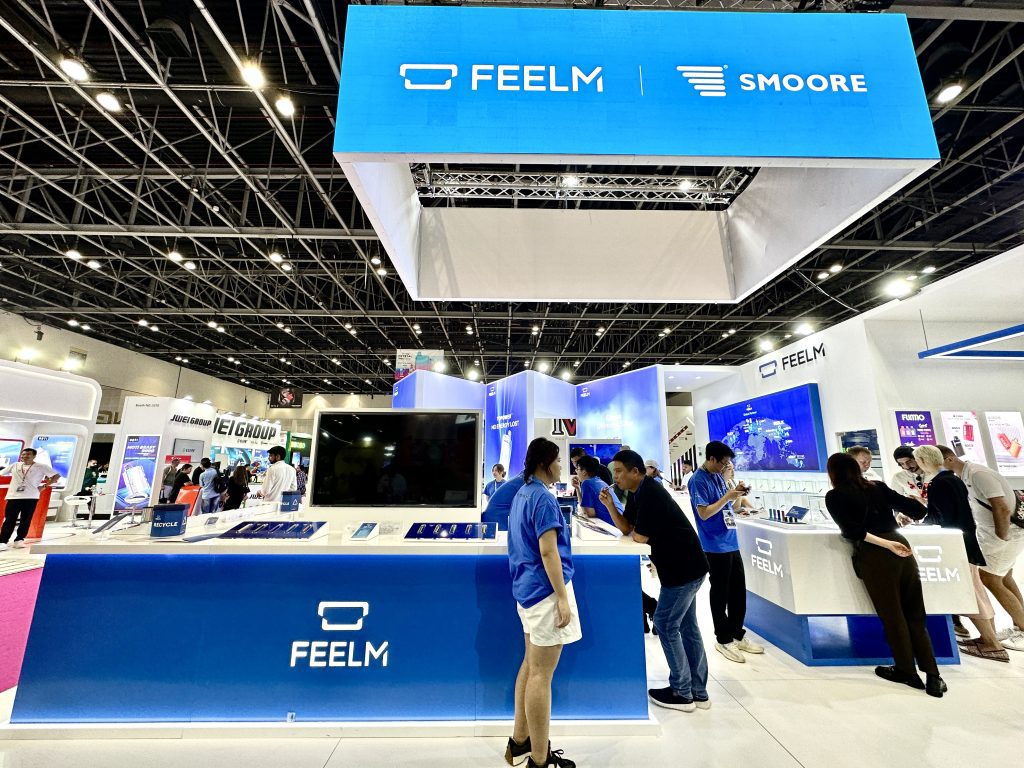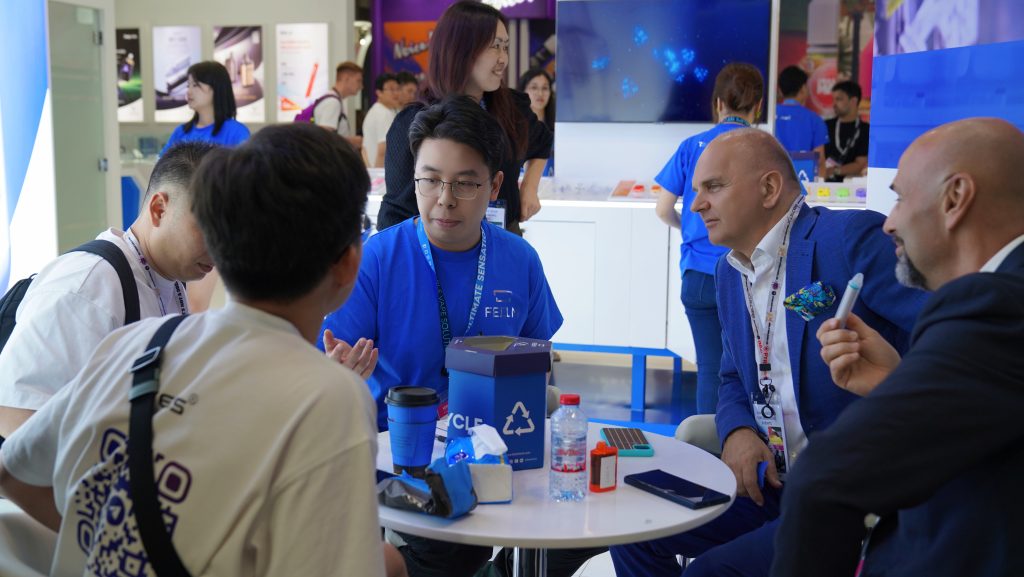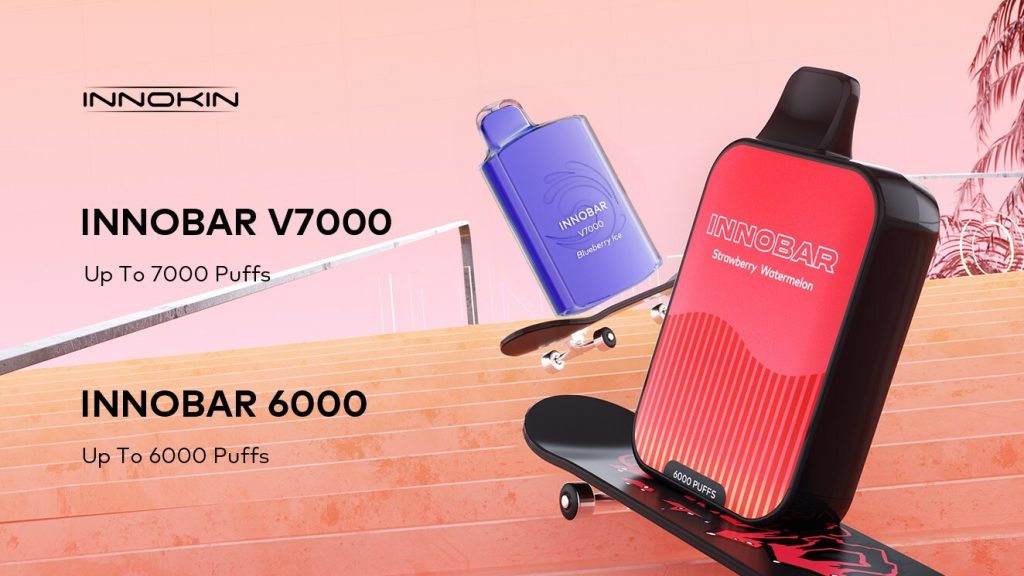
Innokin unveiled a wave of new product launches at the World Vape Show Dubai taking place 21-23 June 2023 at the Dubai World Trade Centre.
“With a strategic focus on capitalizing on the rapidly growing Middle East vaping market, Innokin aims to introduce a range of innovative products specifically tailored to local tastes,” according to a press release.
The company is showcasing several products designed to meet the diverse preferences of the Middle Eastern vaping community. Innokins’s Innobar 6000 and Innobar V7000 are rechargeable, high-capacity disposable options, designed to provide a streamlined, user-friendly experience for vapers who require single-use devices, with flavors specifically tailored to the Middle East market.
For users of refillable vaping devices, Innokin has unveiled the Klypse Zip, an updated version of the global best-selling Klypse pod device. The Klypse Zip features a smaller form factor, and a new 1.2Ohm refillable pod, designed for longer vaping sessions and intense flavor production.
New pre-filled Klypse C1 pods are also showcased, allowing vapers to experience award-winning Klypse performance, without needing to learn how to refill a vaping device. All new pods are cross-compatible with the original Klypse device, giving existing customers a whole new range of options.
“In April, we adjusted all our flavors to suit the Middle Eastern market. First, we selected more single-fruit and mixed-fruit flavors, such as dragon fruit, grape, apple peach, and strawberry watermelon,” Innokin co-founder George Xia, stated. “Secondly, we adjusted the sweetness and cooling effects of each profile to match local tastes. Already, our new formulations are receiving high praise and have surpassed similar products from other brands.
“We are thrilled to unveil our latest range of products at World Vape Show Dubai. The Middle Eastern market is experiencing exponential growth, and we are confident that our tailored offerings and industry-leading support will allow Innokin to thrive. Our team has worked tirelessly to create exceptional vaping experiences, and we are looking forward to building relationships with distributors and retailers to serve vapers in the Middle East.”

